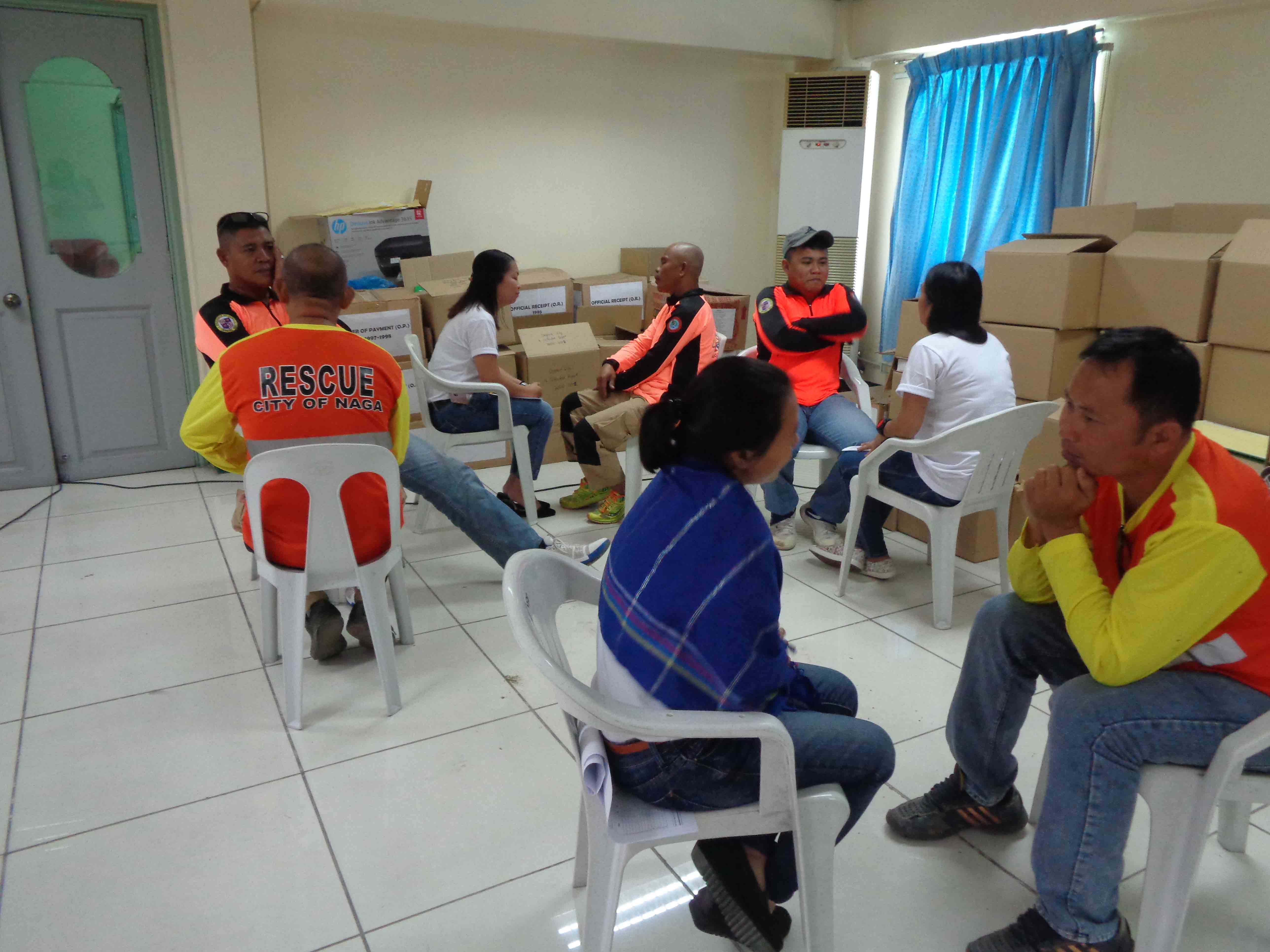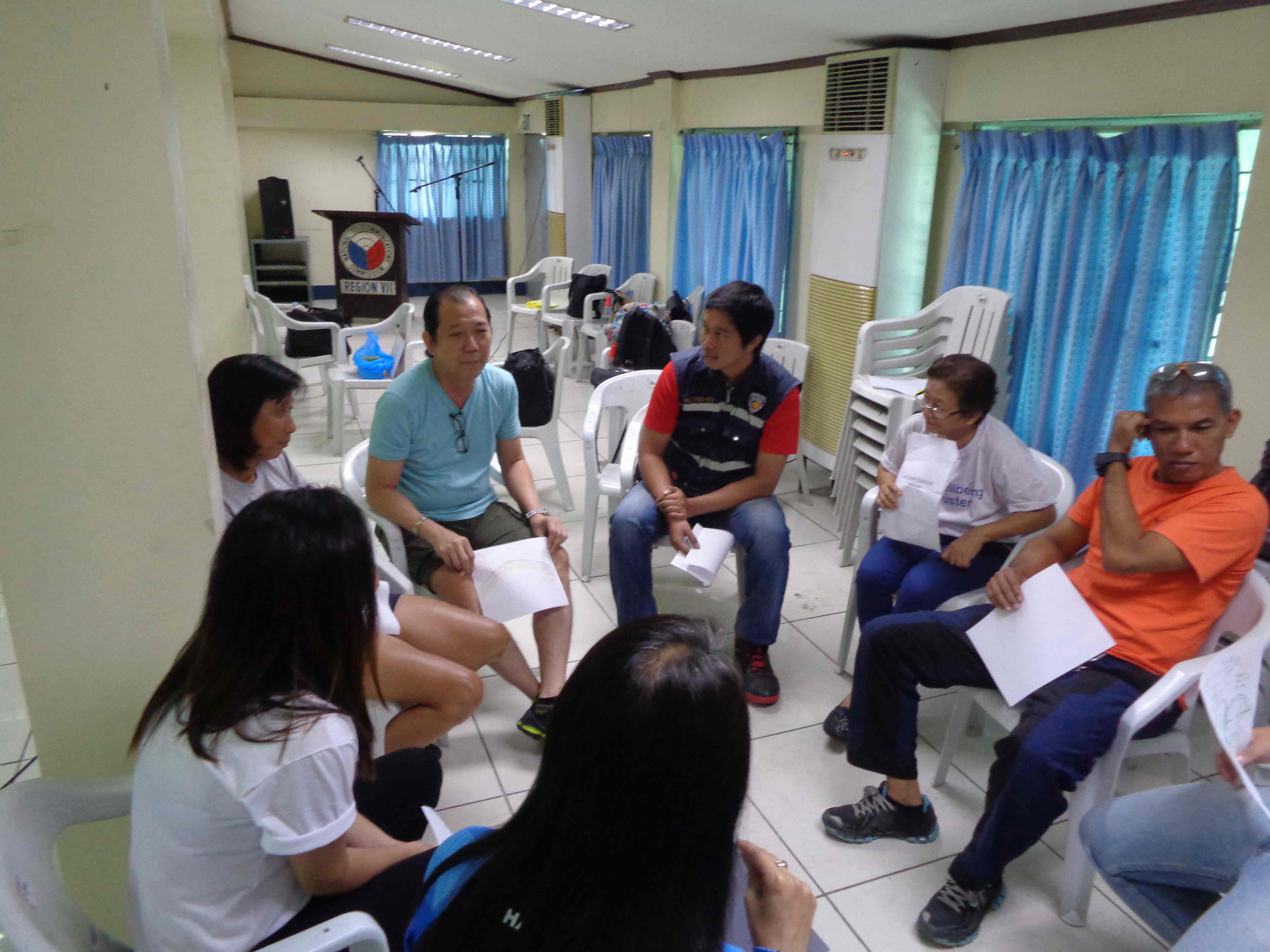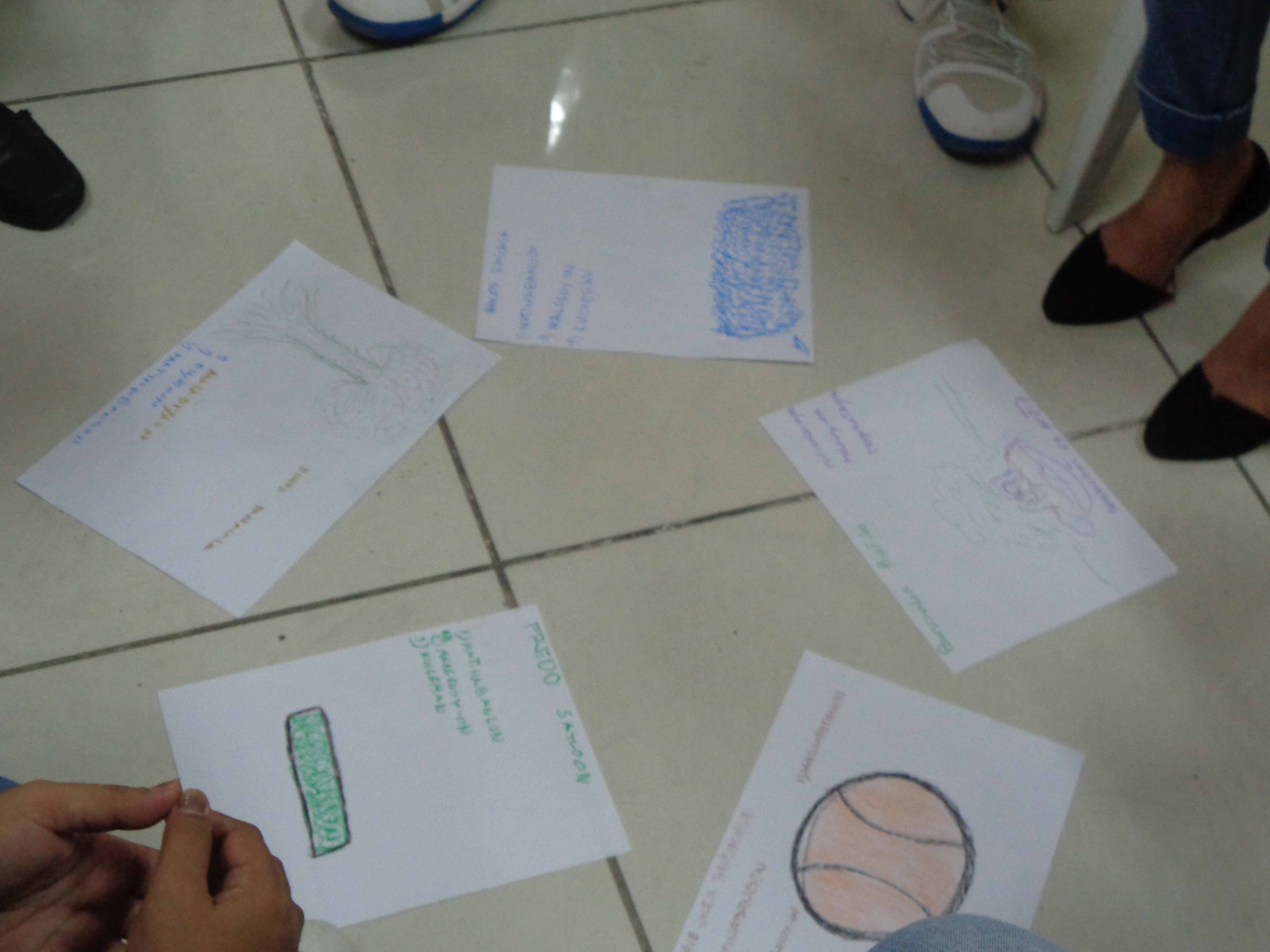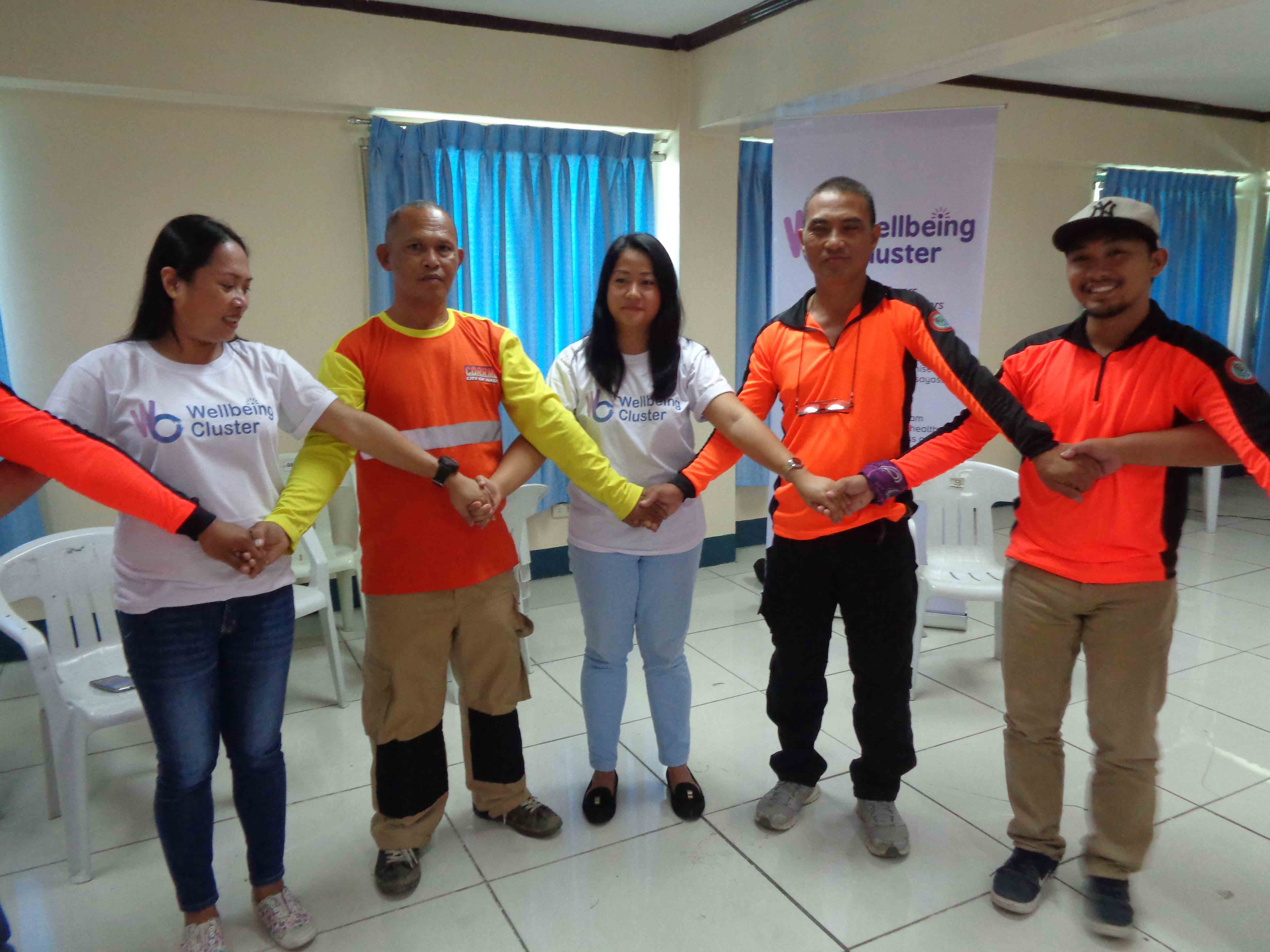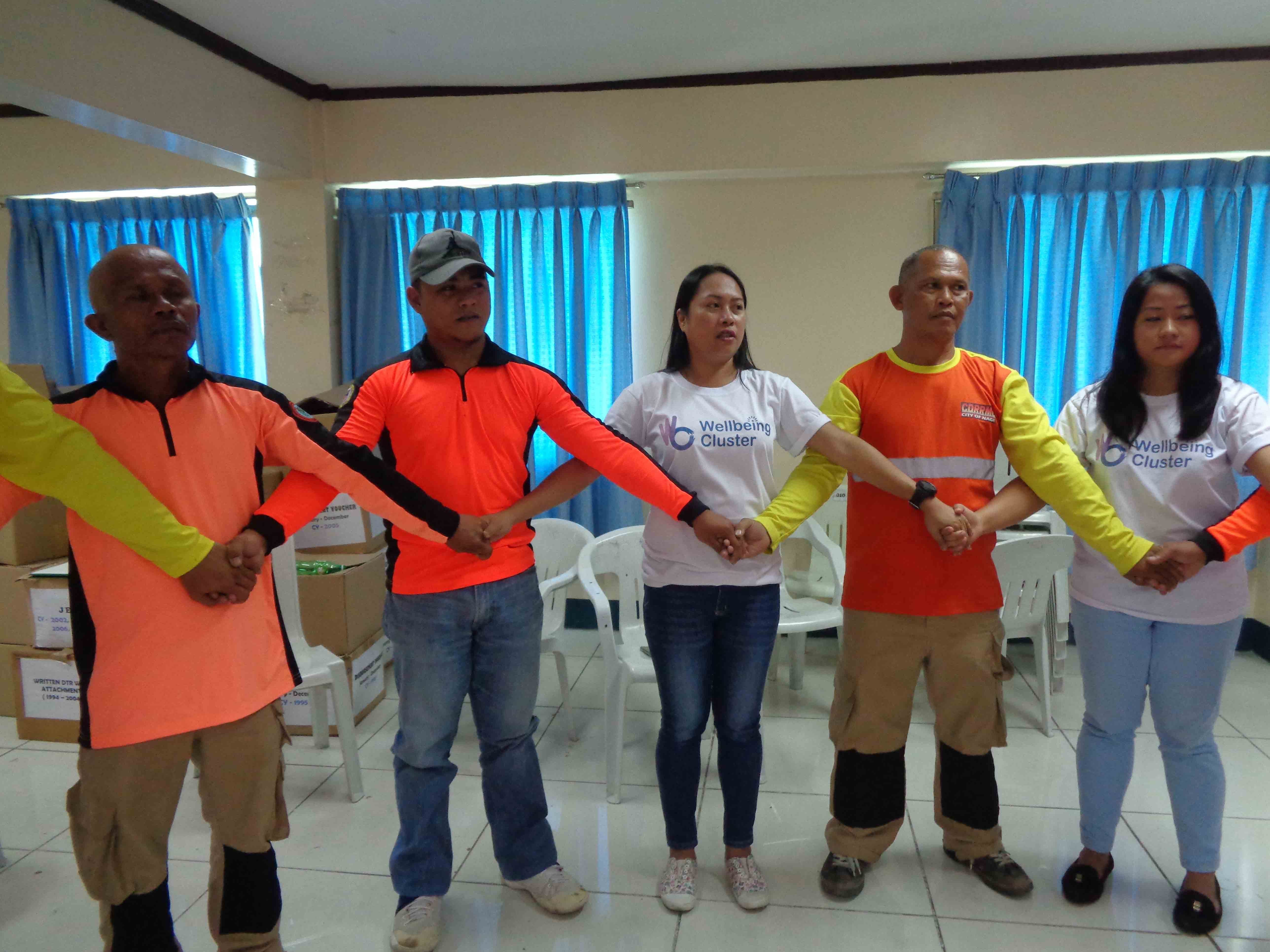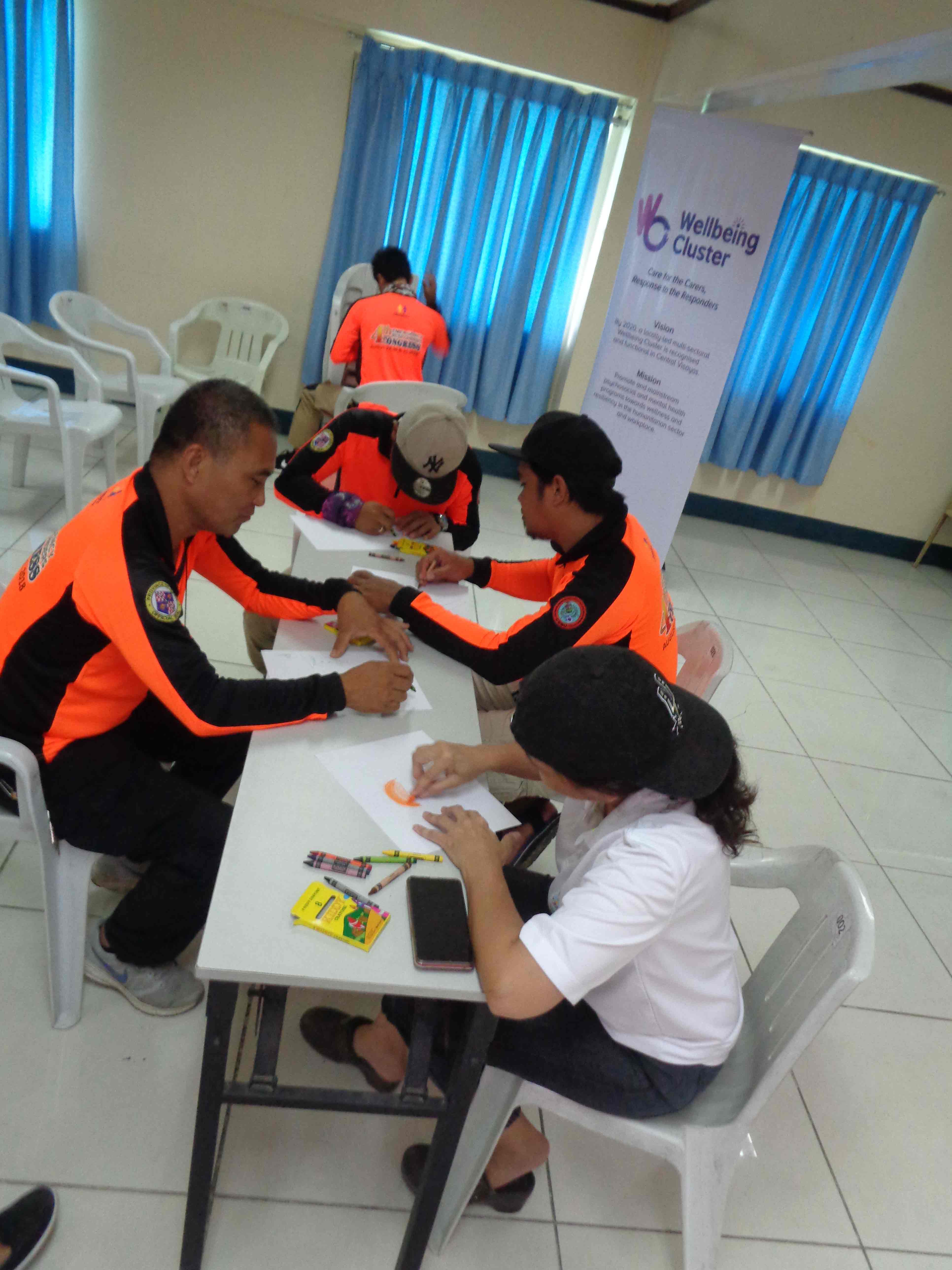UB joins 1st ever care intervention for responders
- Details
- Published on Thursday, 25 October 2018 06:19
- Written by labboncales/mvfudalan/elsales
- Hits: 1737
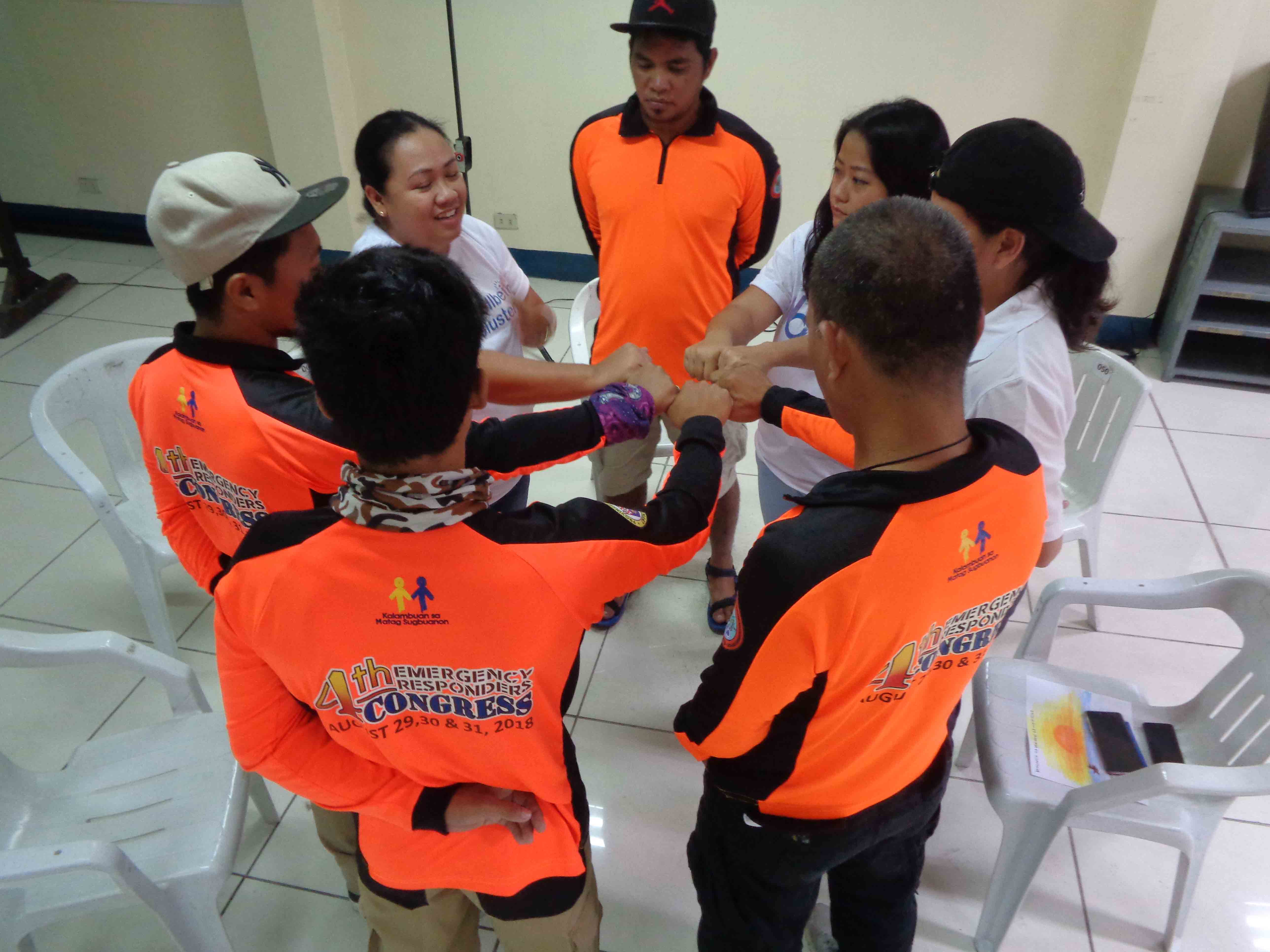
In line with an umbrella project on humanitarian response, the University of Bohol - Community Extension Service through its Operation Tabang para sa UBan, conducted a Psychological First Aid (PFA) to the rescue and retrieval responders of the September 2018 landslide in Barangay Tinaan, Naga City, Cebu.
The intervention was conducted last October 7, 2018, in Cebu City and included responders from the cities of Naga, Cebu, Mandaue, and Toledo. Most of the participants had been working as rescue and retrieval responders for many years, but it was their first time to have received such an intervention.
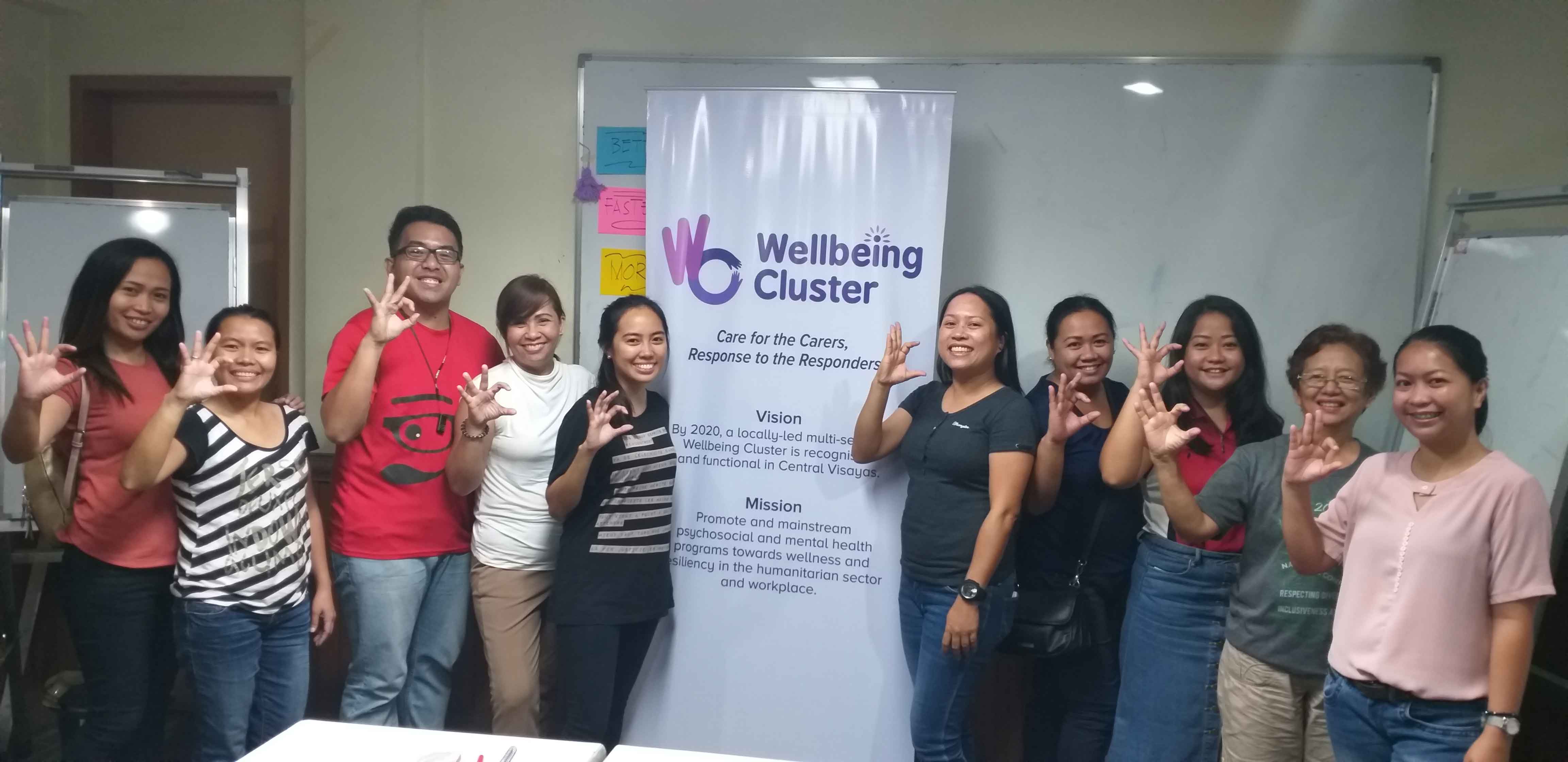
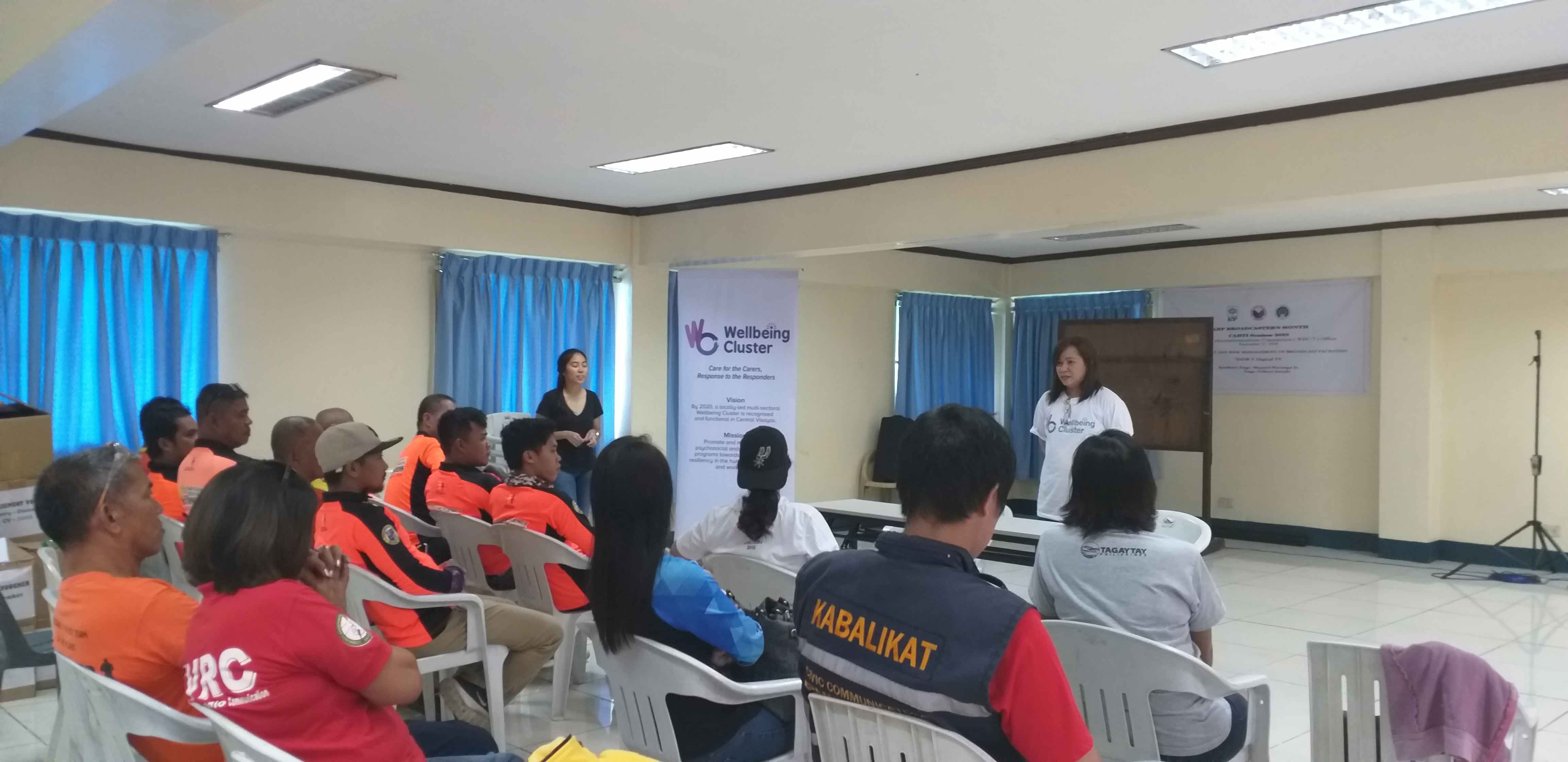
Dr. Marilou V. Fudalan, Community Extension Service Officer, bared that the intervention was the first of its kind in Central Visayas as it was focused more on the rescuers themselves rather than the victims who were already seen to by other agencies and organizations. The UB team was composed of guidance counselors, psychologists, and an occupational therapist who underwent clearing with DOH Region 7 before the activity was conducted.
Psychological First Aid (PFA) is a specialized technique designed to be given to ‘first responders’ to manage the physical and physiological effects of traumatic experiences. Debriefing engagements provide participants a ‘safe place’ to communicate their anger, grief and related emotions due to the events encountered. It aimed to relieve the acute stress responses of humanitarian work, decrease delayed stress reactions, share thoughts and feelings about the incident, with the end goal of making a positive implication of the trauma experienced.
The initiative is part of the university’s commitment to the Wellbeing Cluster of Central Visayas of which UB is an active partner. The Ramon Aboitiz Foundation Inc. (RAFI) is the lead convenor with Central Visayas Network of NGOs (CENVISNET) providing the logistics.
The Wellbeing Cluster envisions creating and piloting a dedicated platform that brings humanitarian agencies from across the Philippines together to prioritize the wellbeing of aid workers, with a key focus on supporting their mental health, and ultimately for program beneficiaries. It offers a practical and tangible opportunity for agencies to address, mitigate, and positively change the way in which mental health is managed and approached in the humanitarian sector.
Free Joomla Lightbox Gallery

